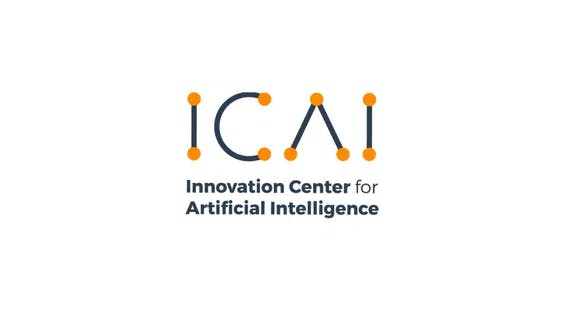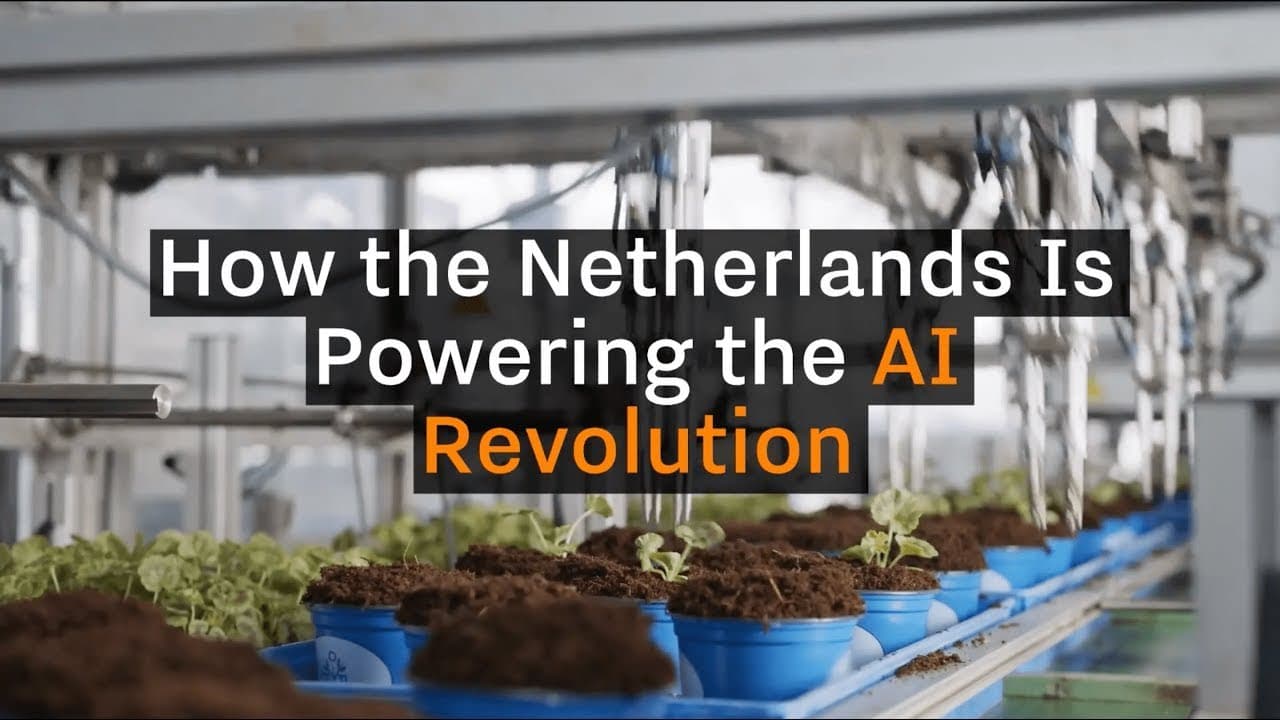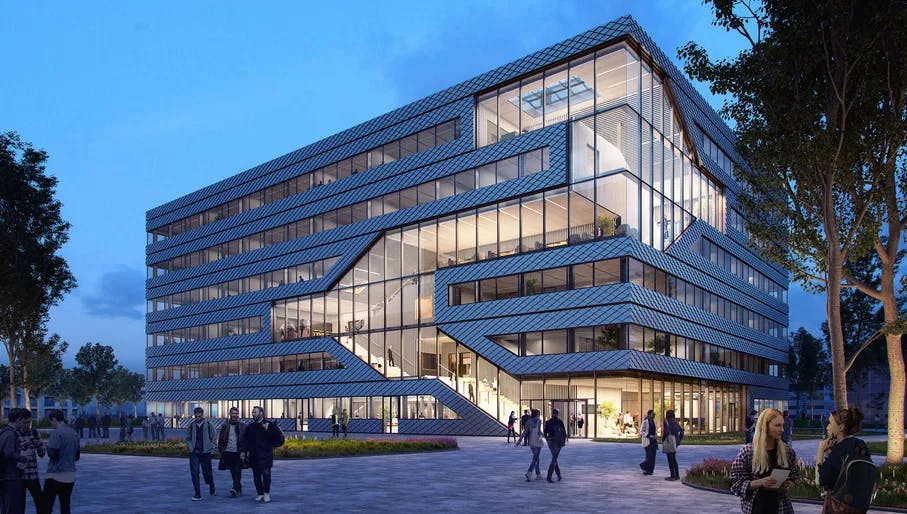
How the Innovation Centre for AI is creating a world-leading solutions
2 December 2025

The city hosts the European headquarters of international giants such as Canon and Cisco while nurturing a thriving ecosystem of startups and scale-ups in deeptech, AI and life sciences. Generating some of the most innovative uses for AI in the world, Amsterdam provides an effective living lab for AI solutions. Machine learning plays a key role in Amsterdam's business landscape, driving a new approach to the fintech, creative, and life sciences and health sectors. Amsterdam’s close connection between academia and industry accelerates knowledge transfer and practical applications. Beyond work, the city is ranked among Europe’s most liveable capitals, with a top-class work-life balance that continues to attract international talent.

What truly distinguishes Amsterdam is that innovation and entrepreneurship often come with a human-centred approach to Techa and AI. This includes ensuring early processes such as data collection happen in an ethical way, and that the outcome actually improves citizens' lives. One such initiative is Amsterdam AI - a programme designed to help the city develop and deploy responsible tech in the field of AI.

Businesses in Amsterdam don’t need to look too far for Tech and AI talent. The city’s two universities offer a joint masters programme in AI and forward-looking academies allow students to apply real-world practice with major corporations. Plus, Amsterdam is already home to many academic labs that work closely with the industry, such as the Qualcomm-QUVA Lab, ICAI, and UvA-Bosch DELTA Lab, all situated at Amsterdam Science Park, the region's lively hub for AI and big data science.
Are you searching for a location for your European office or do you want to know more about your potential market in the Amsterdam Area? As the region’s official foreign investment agency, amsterdam inbusiness can help international businesses enjoy a soft landing in the Amsterdam Area, including arranging fact-finding visits and providing market intelligence.